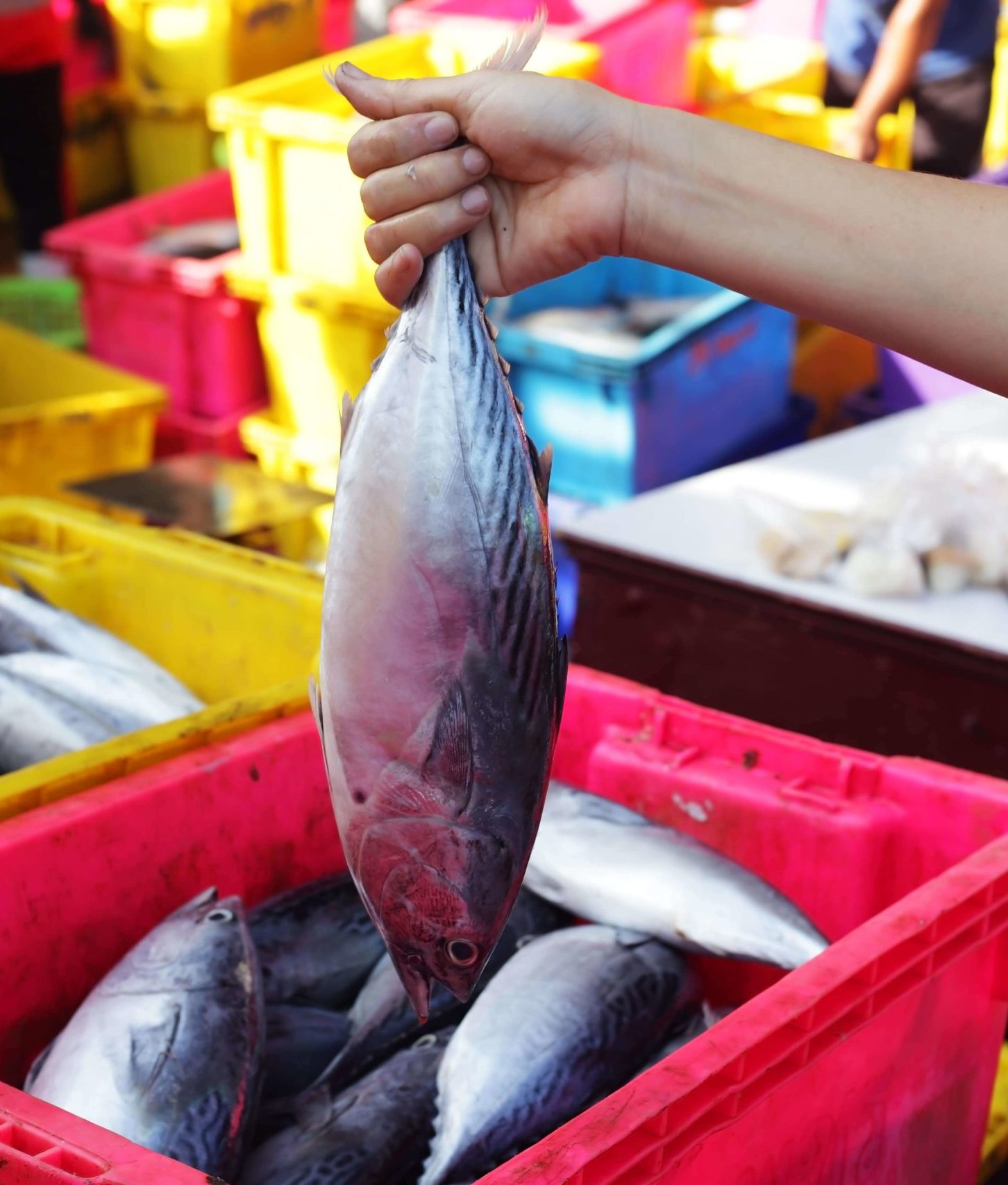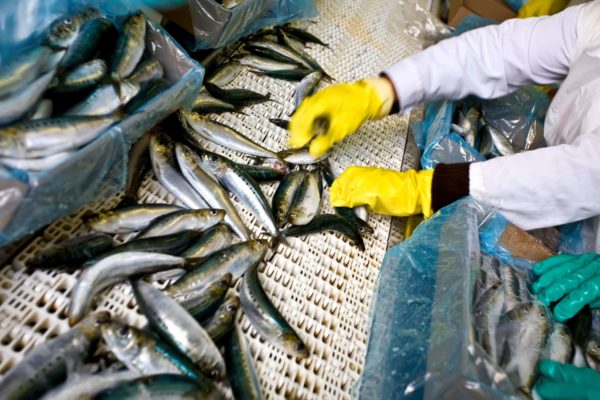Learn
Build knowledge and internal champions
Watch your company’s leadership and impact evolve by growing internal expertise and taking actions to improve.
Watch your company’s leadership and impact evolve by growing internal expertise and taking actions to improve.

ACTION
ACTION
ACTION
ACTION
Discover how companies can apply the RISE Roadmap to improve their social responsibility practices.




Enter a few details about yourself to view this resource.